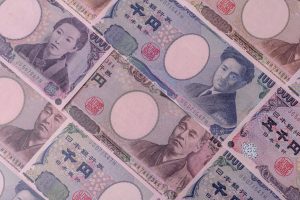Former President Donald Trump has announced that smartphones and other popular electronics will be exempt from the latest wave of tariffs on Chinese imports, a decision seen as a strategic move to limit economic fallout and consumer disruption amid escalating trade tensions.
Electronics Escape Tariff List
According to officials familiar with the decision, Trump’s administration has revised the scope of the proposed tariffs on Chinese goods, sparing items such as smartphones, laptops, and tablets. These products represent a significant portion of U.S. tech imports from China and are considered vital to consumer markets and economic stability.
The exemption comes as U.S. retailers and manufacturers voiced concern over the potential impact on product pricing and supply chains, especially ahead of peak sales seasons. Technology companies with deep manufacturing ties to China—including Apple and Samsung—had lobbied for exclusions to avoid price hikes and potential inventory shortages.
Strategic Exclusion Amid Broader Trade Escalation
The tariff carve-out follows a broader announcement of sweeping duties on Chinese goods, part of Trump’s latest economic confrontation with Beijing. The administration imposed new levies on a range of imports as part of an effort to rebalance trade and curb what it views as unfair Chinese practices.
However, by sparing high-demand electronics, the administration signals its intent to target strategic sectors without directly impacting consumers or the tech industry. Market analysts view the exemption as a balancing act—one aimed at appearing tough on China while avoiding political blowback from higher consumer prices.
Market Reaction and Political Calculus
Financial markets reacted favorably to the news, with tech stocks rebounding after an early dip tied to the initial tariff announcements. Industry groups welcomed the exemptions but warned that prolonged uncertainty in U.S.-China trade relations could still weigh on long-term investment planning.
Politically, the decision reflects an effort to control economic optics in a contentious election year, where inflation and trade policy are top voter concerns.







